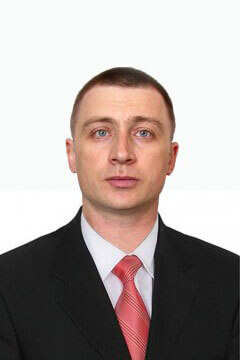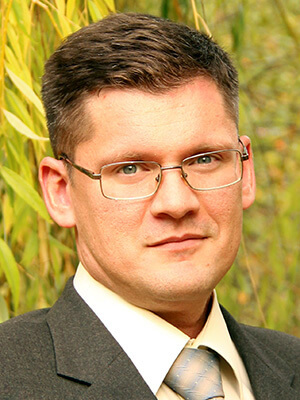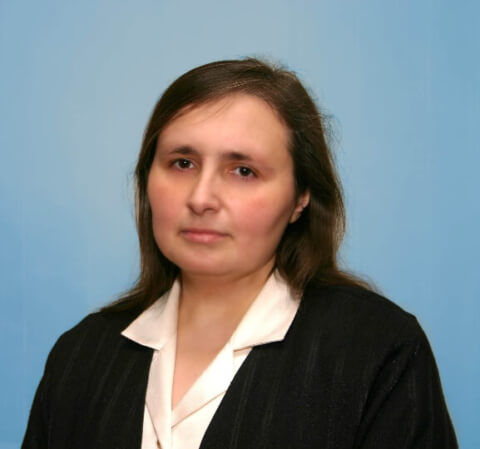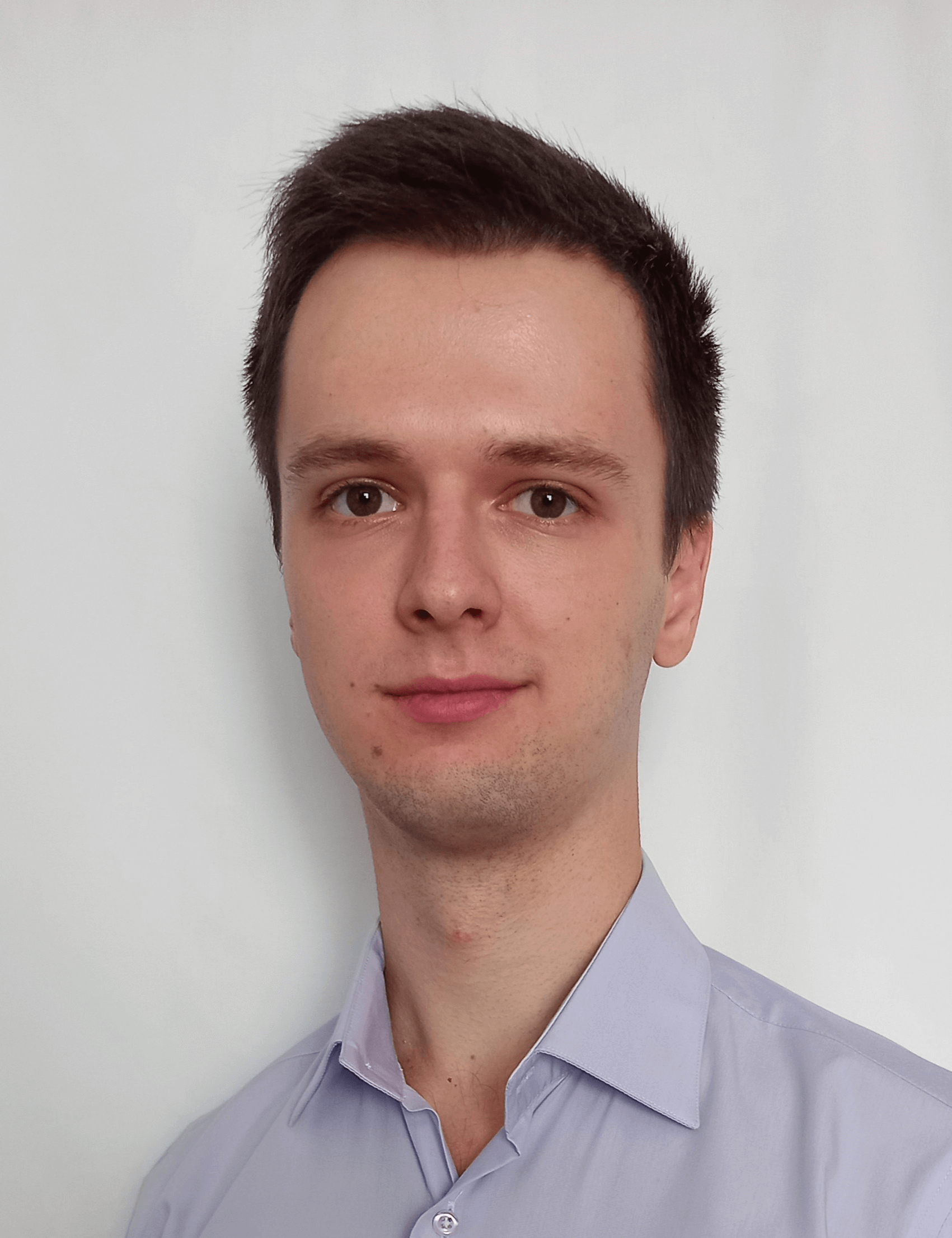Education program of Cybersecurity analytics - qualification level «Master»
The purpose of the educational program is to train highly qualified and competitive specialists with thorough competencies in the use of research and design methods for information and cybersecurity systems and complexes.
The educational program participates in the double degree program with Blekinge Institute of Technology (Sweden, Karlskrona), as well as in the Erasmus+ KA1 academic mobility program with Blekinge Institute of Technology (Sweden, Karlskrona).
The main courses of the educational program were developed within the framework of the Tempus International Program Project No. 544455-TEMPUS-1-2013-1-SE-TEMPUS-JPCR “Training the next generation of cybersecurity experts: a new EU-recognized Master's program” (ENGENSEC), funded by the European Union.
Methods for detecting and analyzing malware.
Students learn the main types and principles of malware classification, how malware spreads and the structure, methods and means of countering malware.
After the Malware course, students will gain practical skills in:
- analysis of malware structure;
- classification of malware;
- selection, configuration and use of anti-malware software.
Vulnerability Analysis and Ethical Hacking (Penetration Testing and Ethical Hacking).
Students learn how to diagnose vulnerabilities in web applications and IP networks, methods and tools for testing the penetration of information and communication systems, methods of setting up, optimizing and configuring operating systems, databases and network equipment. General terms of ethical hacking: vulnerability, exploit, payload, zero-day.
Students acquire practical skills in conducting penetration testing of information and communication systems, performing settings for optimizing and configuring operating systems, DBMS and network equipment for the safe operation of information and communication systems, implementing special software (sniffers, port scanners, anti-virus software).
Security Software Development.
Students study the general structure and requirements for the Secure Software Development Lifecycle; standards, protocols and procedures responsible for verifying and managing product security; general requirements and approaches to developing a software threat model; security patterns: identity and authentication management, access models, session management, etc.; common errors and vulnerabilities that can be encountered in software development; methods and utilities that help to protect software
After passing the course students can:
- create a software quality model to assess the security level and vulnerability threshold;
- select criteria for risk analysis and perform risk assessment;
- analyze attacks (access to services, determination of privileges, multi-level protection);
- use gdb to analyze binary programs;
- independently use the acquired knowledge in:
- developing algorithms and program code;
- testing software for errors, bugs and vulnerabilities;
- develop and test a threat model.
Web-security.
Students study the architecture of web application protocols, their common vulnerabilities and weaknesses, vulnerabilities of open databases; security aspects using PHP, JavaScripts, SQL, etc.; web authentication mechanisms and methods of authentication bypass, application coding errors; existing vulnerabilities and attacks on web resources, their practical application and methods of dealing with them at the design stage and during operation (OWASP - Open Web Application Security Project); design patterns for secure web applications; security architecture typical for web services; testing of internal and external penetration, wireless penetration; security tools.
After passing the Web-security course, students can:
- analyze vulnerabilities and weaknesses of web programs, including internal and external penetration testing;
- conduct research on information security of the client-server system;
- protect web services from cyberattacks at the design stage and during operation;
- protect clients and servers on various web platforms.
Digital Forensics
Students study methods of conducting forensic examinations in various file systems, including FAT, NTFS, Ext, and in various operating environments, including Windows, Linux; methods of forensic examination in computer networks (network digital forensics), methods of live forensic examination, including file system and memory analysis.
Students acquire practical skills in conducting forensic examinations of digital equipment to obtain evidence in the commission of cybercrime using special software and regulatory framework.
Advanced Networks and Cloud Security:
This discipline allows students to develop competencies to work as a cybersecurity specialist in telecommunications organizations, namely
- the ability to work with virtualization tools and master the methods of ensuring their information security;
- ability to perform basic configuration of a cloud environment based on OpenStack;
- ability to select information security tools in accordance with the type of network or cloud environment and the type of threats;
- ability to configure information security protocols in modern virtual private networks of various levels (IPSec, MPLS VPN, GRE, DMVPN, FlexVPN, GET VPN, SSL/TLS).
Wireless & Mobile Security
After the Wireless Security course, students will gain practical skills in testing wireless networks using various security methods and will be able to
- design and configure a secure wireless infrastructure for IEEE 802.11, 802.15, 802.16, 3G, 4G, 5G networks;
- use appropriate security policies in wireless networks;
- establish a rating of authorizations;
- audit the wireless network for vulnerabilities;
- ensure compatibility of the wireless network with other networks;
- ensure the availability and scalability of the wireless network, taking into account security issues;
- protect mobile devices and communication channels from cyberattacks and third-party interference;
- use appropriate tools to test and identify vulnerabilities in modern wireless and mobile networks.
Wireless & Mobile Security
After passing the Wireless Security course, students will gain practical skills in testing wireless networks using various security methods and will be able to:
- design and configure a secure wireless infrastructure for IEEE 802.11, 802.15, 802.16, 3G, 4G, 5G standards.
- use the appropriate security policies in wireless networks.
- set permissions rating.
- carry out an audit of the wireless network for vulnerabilities.
- ensure compatibility of the wireless network with other networks.
- ensure the availability and scalability of the wireless network considering security issues.
- protect mobile devices and communication channels from cyber-attacks and third-party interventions.
- use appropriate tools to test and detect vulnerabilities in modern wireless and mobile networks.
A graduate in the educational program of Cybersecurity analytics can work as:
Security threat analyst;
Lead auditor of information technology (cybersecurity);
Lead auditor of information security management systems;
Leading specialist in the assessment of information security measures (cybersecurity);
Specialist in support of cyber defense infrastructure;
Specialist in cyber research and development of security systems;
Specialist in responding to cybersecurity incidents;
Specialist in cybersecurity policy and strategy planning;
Head of a structural unit for information security and cyber defense;
Specialist in testing information security systems;
Administrator of networks and systems;
Security analyst of information and telecommunication systems;
Leading instructor-methodologist on information security and cybersecurity.
Training and laboratory base:
The Popovskyi Department of Infocommunication Engineering has modern educational and research laboratories where students can acquire practical skills and abilities in cybersecurity:
Cybersecurity & cloud laboratory
Routing & switching laboratory
Network security & resilience laboratory
In 2018, a cyber training ground for the study of cloud security was put into operation, the deployment of which at the department was funded by the European Union under the European Tempus program - training of next generation cybersecurity specialists. On the basis of the cyber training ground, the department annually organizes CTF (Capture the Flag) cybersecurity competitions among students of NURE and various universities of Ukraine.
In recent years, the staff of the Popovsky Department of Infocommunication Engineering has won the following grants:
1. Grant of the European Union ERASMUS+ Jean Monnet project “Integration of EU Cybersecurity Frameworks and Policies in Ukraine” (project duration 2020 - 2023).
2. European Union ERASMUS+ Jean Monnet grant “European experience for enhancing the resilience of critical facilities in Ukraine” (project start date 2023).
3. European Union ERASMUS+ Jean Monnet grant “Integration of the EU's Future-proof Cybersecurity Ecosystem in Ukraine” (project start 2024);
4. COST Action CA22104 - Behavioral Next Generation in Wireless Networks for Cyber Security (together with universities of Ukraine, Georgia, Lithuania, Spain and Portugal, dedicated to cybersecurity in new wireless communications, project start in 2023);
5. Project from the National Research Foundation of Ukraine “Analysis, Research, Development and Implementation of Modern Information Security Technologies for Global Monitoring of Ukraine's Cyberspace in Crisis and Emergency Situations” (together with Ukrainian universities, project duration 2020-2021);
6. CRDF Global project in Ukraine: “Ukraine's Cybersecurity Awareness: Support to a series of trainings on building cyber defense and awareness in Ukraine” (project duration 2018-2021).

 Українська
Українська
































